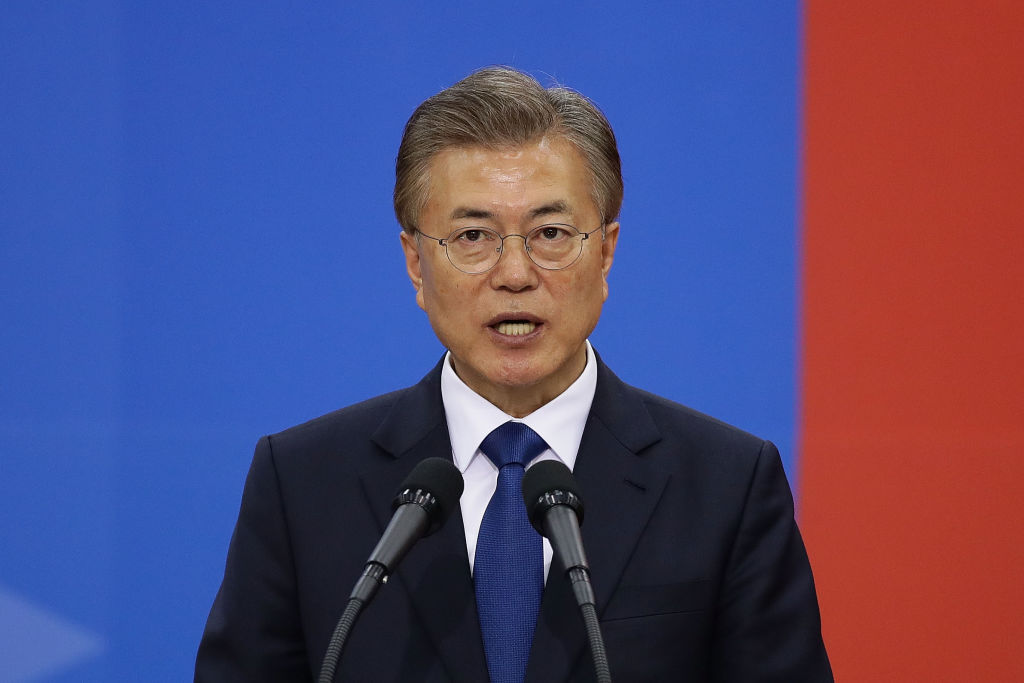
South Korean President Moon Jae-in hasn’t even been in office a month yet, but already, he finds himself in the precarious position of being stuck between a rock and a hard place, or in this case, the United States and North Korea. Moon Jae-In ran his campaign based on a moderate tone that stressed the attempt to engage in peaceful dialogue with their missile-testing happy northern neighbors, and reportedly, he’s perturbed at the United States for adding four more launchers into his country without his direct knowledge. Jae-In has called the actions by the U.S. “very shocking” and has ordered a probe after no one gave him a heads up that such a move was being made on South Korean soil.
Some South Koreans worry that the THAAD system may hinder rather than help because its mere presence could make a handy North Korean target. While the launchers have been placed at old abandoned golf courses in the past, anything that could provoke North Korea to strike first would undoubtedly lead to further back-and-forth strikes and an eventual war, something that no one involved wants to see happen.
The Terminal High Altitude Area Defense (THAAD) system, as the name implies, is more about prevention of an attack than anything else. The system seeks out and destroys missiles using kinetic energy, and perhaps more importantly, a very powerful radar. The Chinese, a long-time ally of North Korea and an on-again-off-again partner of the South Koreans, aren’t exactly keen on the United States plugging in the THAAD system and may take it as a sign of aggression, not just one of last-resort world-saving defense. China has previously expressed their displeasure with the U.S. using the THAAD system in South Korea, and this time is sure to be no different. Moon Jae-In has been working hard to mend fences with the Chinese since taking office on May 9th, so anything that displeases China, in turn, is bad for business.
(Via Reuters)
